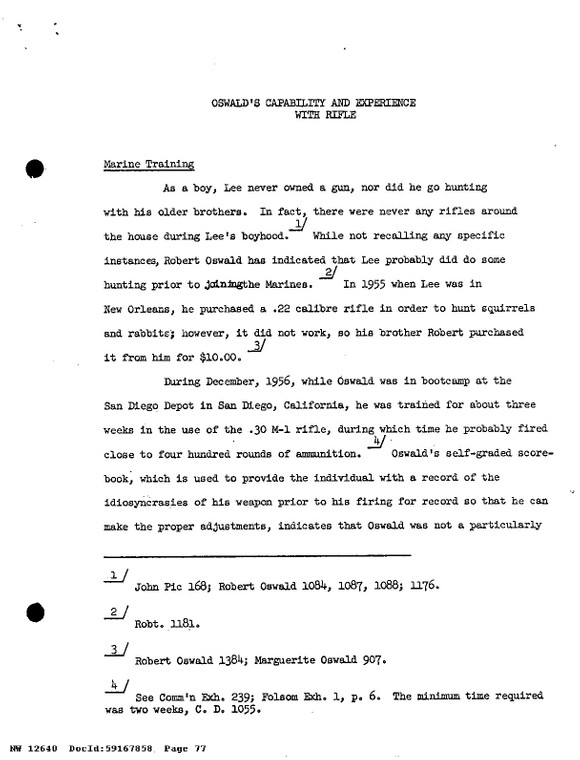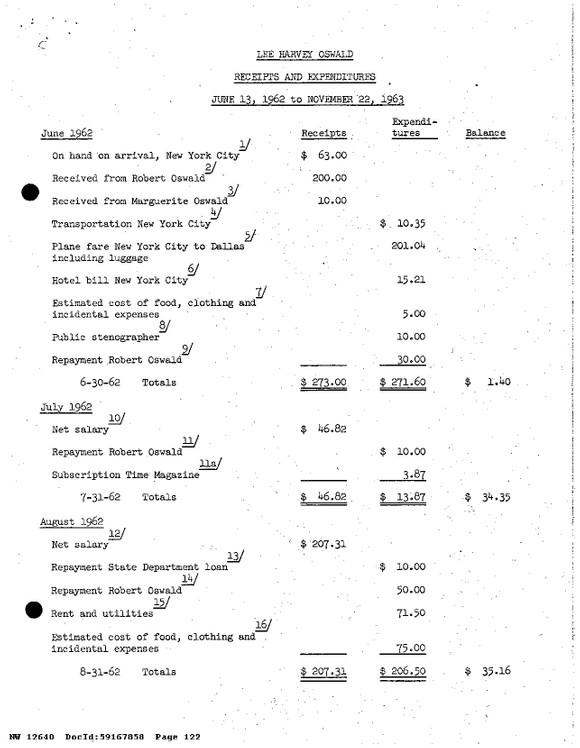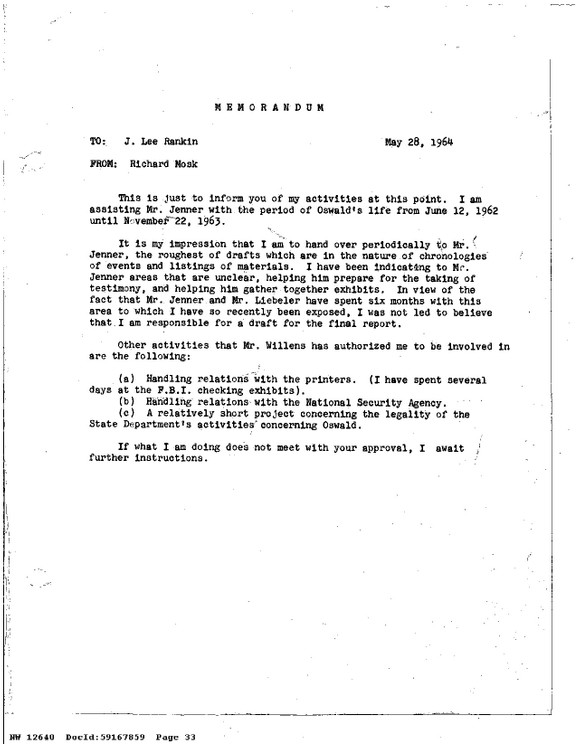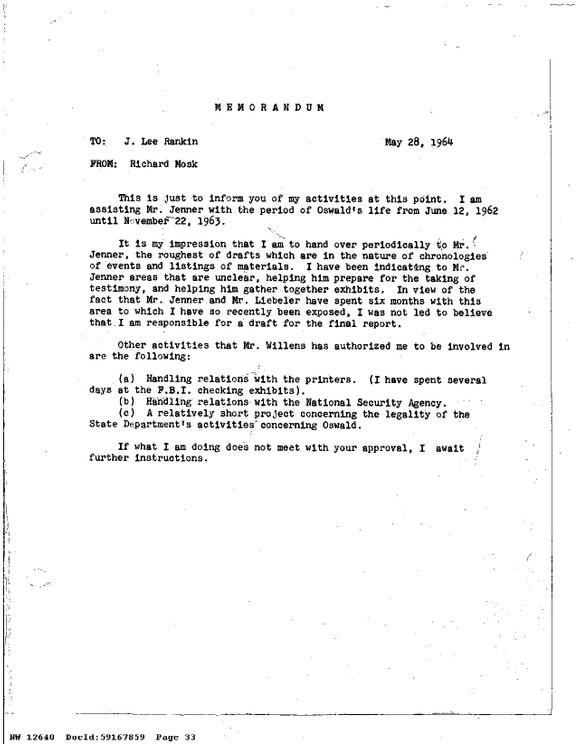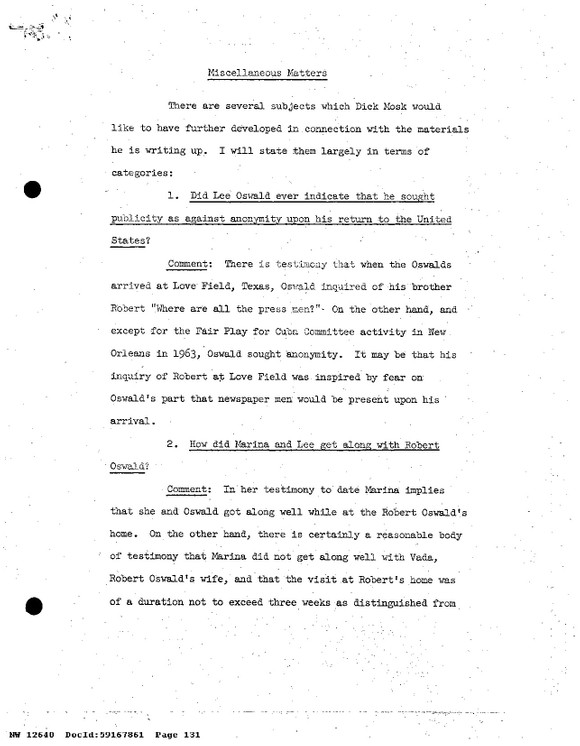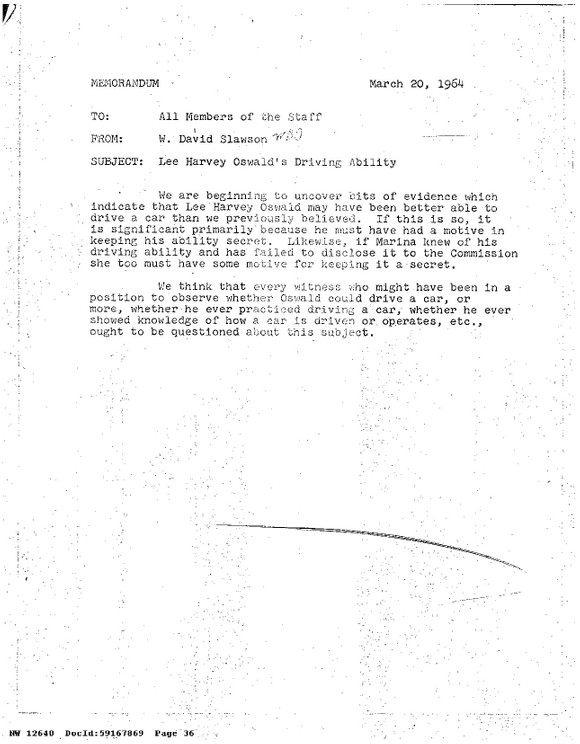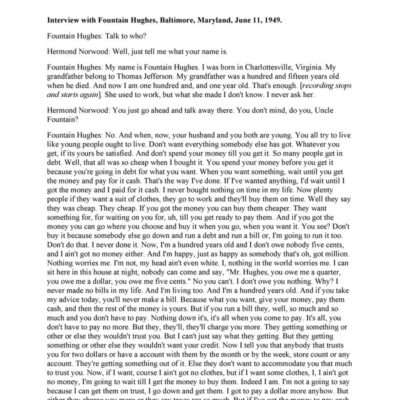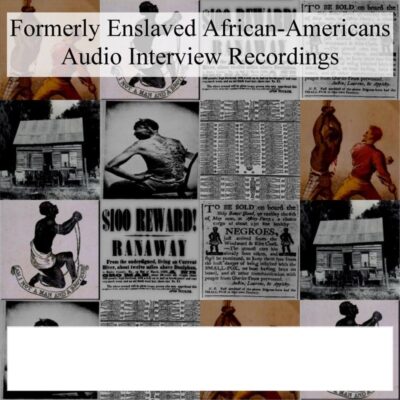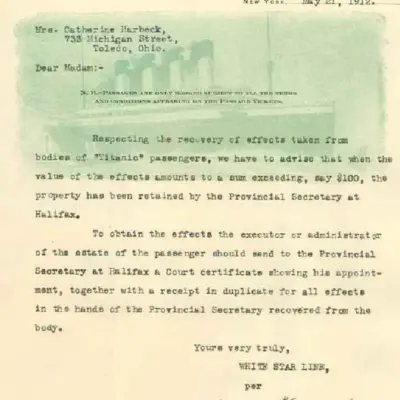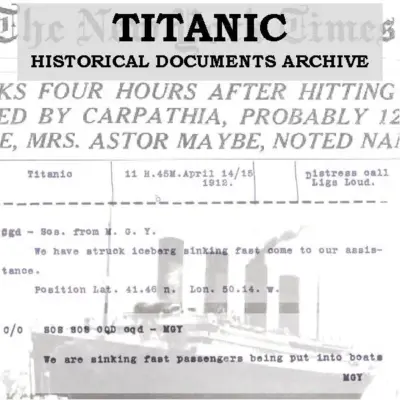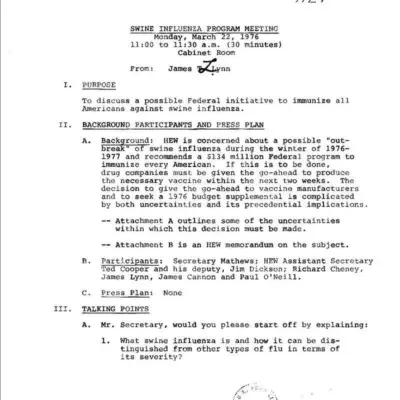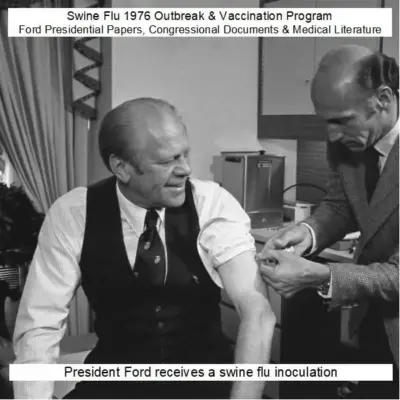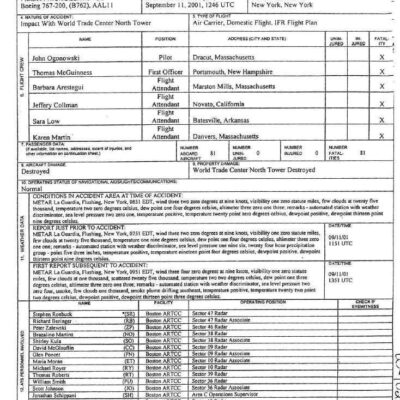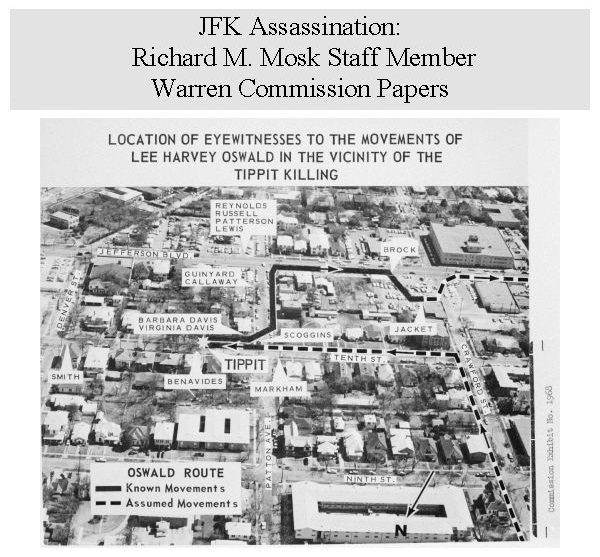
JFK Assassination Richard M. Mosk Staff Member Warren Commission Papers
$19.50
Description
Mosk and the Warren Commission: Oswald’s Background
Timeline of Main Events
This timeline focuses on the events directly related to the scope of Richard M. Mosk’s work for the Warren Commission, as described in the provided source. It does not cover the assassination itself or the broader investigation beyond Mosk’s specific areas.
- Prior to Lee Harvey Oswald’s Return from Russia:
- State Department and Immigration and Naturalization Service Decisions Regarding Marina and Lee Oswald’s Return: Mosk examined the legal aspects of the decisions made by these agencies concerning Marina Oswald’s eligibility for entry into the United States and Lee Harvey Oswald’s return. (Specific dates of these decisions are not provided).
- June 25, 1963: Lee Harvey Oswald was issued a passport. Mosk later reviewed the legality of this decision.
- Late September and Early October 1963: The State Department received information that Lee Oswald was making inquiries about returning to Russia at the Russian Embassy in Mexico City. Mosk later analyzed whether Oswald’s passport should have been revoked based on this information.
- November 22, 1963: Assassination of President John F. Kennedy (This event triggers the formation of the Warren Commission and Mosk’s involvement).
- Post-Assassination (1964):
- Establishment of the President’s Commission on the Assassination of President Kennedy (Warren Commission): Richard M. Mosk, at the age of 25, joined the staff of this commission.
- Mosk’s Assignment: Mosk was tasked with examining the background of Lee Harvey Oswald.
- Mosk’s Investigations and Reports: Mosk conducted research and wrote reports covering:
- The history of presidential protection.
- The history of the Secret Service.
- Oswald’s marksmanship abilities.
- Oswald family finances.
- Oswald’s life in America after his return from Russia.
- Mosk’s Legal Opinions (Pre-Assassination): Mosk wrote legal opinions on:
- The eligibility of Marina Oswald for entry into the United States.
- The legality of issuing Lee Harvey Oswald’s passport on June 25, 1963.
- Whether Lee Harvey Oswald’s passport should have been revoked after his inquiries at the Russian Embassy in Mexico City.
- Mosk’s Legal Opinions (Post-Assassination): Mosk wrote legal opinions on:
- Texas homicide laws (likely related to the investigation of the assassination).
- The Warren Commission’s ability to subpoena U.S. citizens living abroad (relevant to potential witnesses or information gathering).
- Mosk’s Legal Opinions (Commission Operations): Mosk addressed legal issues faced by the Commission, including:
- How copyright would apply to the Commission’s final report.
- The use of copyrighted material within the report.
- Issues related to the style and citation formatting of the final report.
- Publication of the Warren Commission Report: (The exact date is not provided, but it occurred after the investigations and legal analyses conducted by staff members like Mosk).
Cast of Characters and Brief Bios
- Richard M. Mosk: A staff member of the President’s Commission on the Assassination of President Kennedy (Warren Commission). At the age of 25, he was responsible for examining the background of Lee Harvey Oswald and provided legal analysis on various pre- and post-assassination issues, as well as legal matters concerning the Commission’s operations and report.
- John F. Kennedy: The 35th President of the United States, assassinated on November 22, 1963. The Warren Commission was established to investigate his assassination.
- Lee Harvey Oswald: Identified by the Warren Commission as the assassin of President John F. Kennedy. Richard Mosk’s primary task was to investigate his background, including his time in Russia, his marksmanship, and his family finances. Mosk also examined the legal aspects of his passport issuance and his wife’s entry into the U.S.
- Marina Oswald: Lee Harvey Oswald’s wife. Mosk examined the legal aspects of her eligibility for entry into the United States.
- Warren Commission: Officially known as the President’s Commission on the Assassination of President Kennedy. It was established to investigate the assassination of President John F. Kennedy. Richard M. Mosk was a staff member who contributed to its work through investigations and legal analysis.
- State Department: A U.S. government agency involved in foreign affairs, including the issuance and potential revocation of passports. Mosk analyzed their decisions regarding Lee Harvey Oswald’s passport and his inquiries at the Russian Embassy in Mexico City.
- Immigration and Naturalization Service (INS): A former U.S. government agency responsible for immigration matters. Mosk examined their decisions related to Marina Oswald’s entry into the United States.
- Secret Service: A U.S. federal law enforcement agency responsible for protecting the President. Mosk conducted research on the history of the Secret Service as part of his work for the Warren Commission.
JFK Assassination Richard M. Mosk Staff Member Warren Commission Papers
1,769 pages of documents. These papers help give a view of the internal work done by the staff of the Warren Commission. The Richard M. Mosk papers, consist of drafts and copies of reports, correspondence between members of the Commission staff, both personal and professional, interviews and speeches all related to the assassination of President John F. Kennedy.
Richard Mosk joined The President’s Commission on the Assassination of President Kennedy staff at the age of 25. As a staff member of the Warren Commission he was charged with examining the background of Lee Harvey Oswald.
This collection includes reports by Mosk covering the history of presidential protection, history of the secret service, Oswald’s marksmanship, Oswald family finances, and Oswald’s life in America after he returned from Russia.
Mosk wrote legal opinions on pre-assassination issues such as State Department and Immigration and Naturalization Service decisions concerning Marina and Lee Oswald’s return to the United States. Whether Marina Oswald was eligible for entry into the United States; Whether Lee Harvey Oswald should have been issued a passport on June 25, 1963, and if that passport should have been revoked when the State Department received information that Lee Oswald was making inquiries about returning to Russia at the Russian Embassy in Mexico City in late September and early October.
Mosk wrote legal opinions on post-assassination issues involving Texas homicide laws, and the ability of the Commission to subpoena U.S citizens living abroad.
Mosk wrote legal opinions on legal issues faced by the Commission, such as how copyright would be applied to the Commission’s final report and the use of copyright material in the report. Mosk addressed issues about the style and citation formatting of the final report.
Source: Richard M. Mosk Warren Commission papers, Collection no. 6120, Special Collections, USC Libraries, University of Southern California
